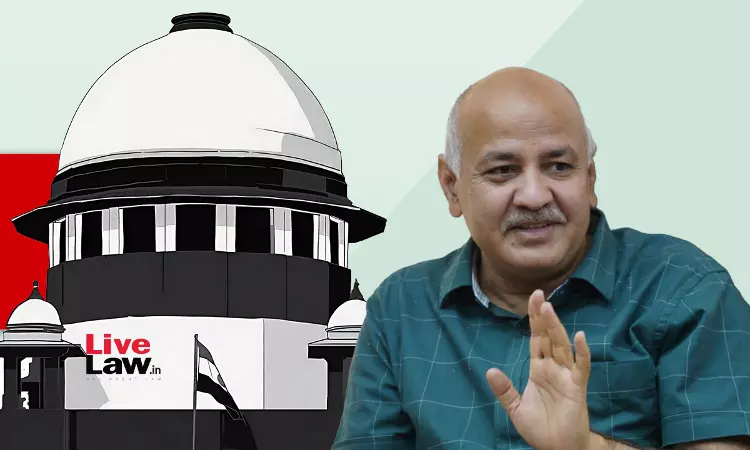The Supreme Court on Monday (February 5) agreed to list the curative petitions filed by Aam Aadmi Party (AAP) leader and former Delhi Deputy Chief Minister Manish Sisodia seeking bail in the Delhi liquor policy case.Senior Advocate Dr Abhishek Manu Singhvi, appearing for Sisodia, mentioned the curative petition before the Chief Justice of India DY Chandrachud seeking urgent listing.CJI...

